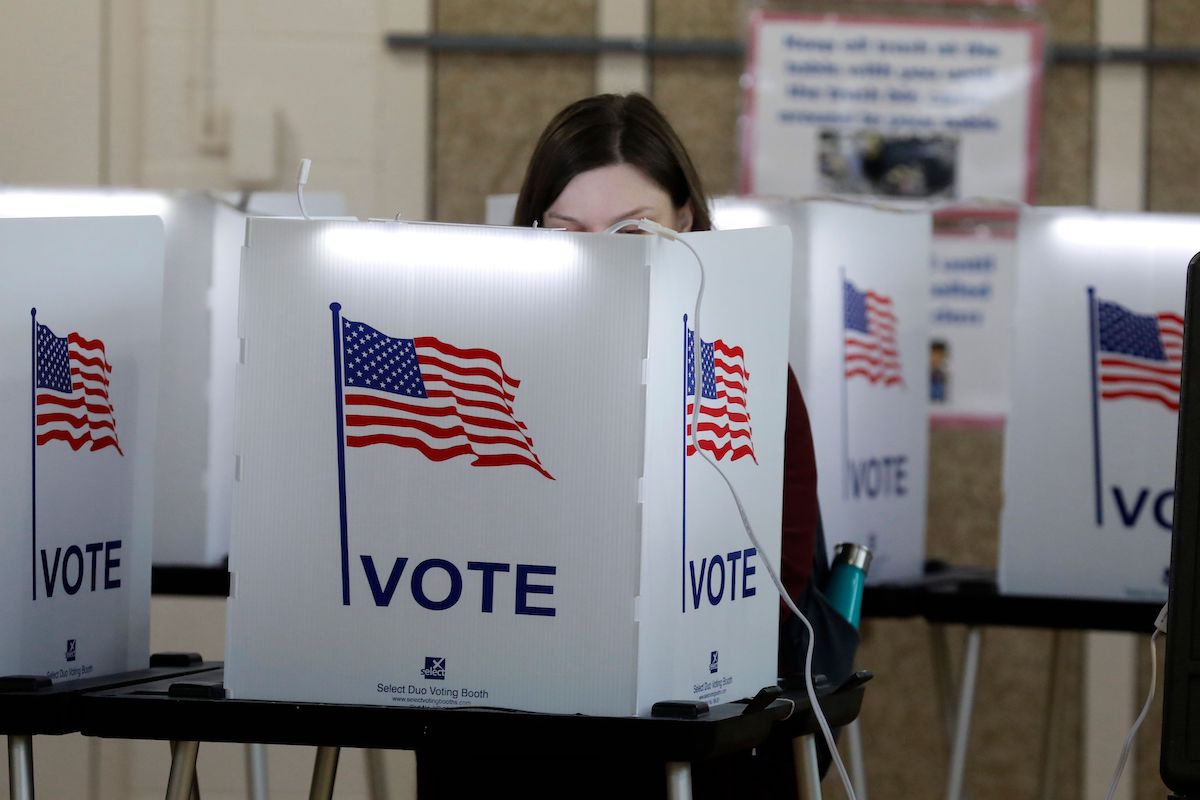Why are we hoping this historian is right about the 2024 Presidential Election?

Like that sturdy wooden plank in stormy seas, a curious phenomenon has reemerged: a near-messianic hope placed in the predictive power of a single college professor and historian, Allan Lichtman.
As we collectively bumble like an old drunk toward the 2024 presidential election, we’re finding ourselves clinging to Lichtman’s famous “13 Keys to the White House,” a set of true-false statements about the political climate that have become a distinctive beacon of certainty in a shaky, at best, landscape. Lichtman has accurately predicted the outcomes of each presidential election since the Hollywood actor in 1984—with an asterisk for 2000 (Bush Redux: Back For War) and 2016 (you know who). And now, the 77-year-old American University professor predicts a victory for Vice President Kamala Harris in 2024. Whew, sigh of relief, right?
Why are we, seemingly as the rational portion of civilization, so keen on placing our faith in this academic’s crystal ball? Why do we desperately need the political Nostradamus to continue to be right in 2024? In the 1976 classic Network, Howard Beale, played by Peter Finch in an Oscar-winning performance, exclaimed, like a Black Baptist preacher filled with the Holy Spirit, “We’re in a lot of trouble!” The speech, after which he’s assassinated, is as accurate in 2024 as it was when it was filmed. We continue to be “in a lot of trouble.”
The answers to the questions ultimately lie in growing, deep-seated anxiety permeating beyond the vacuum of our current political climate. The prospect of another Trump presidency feels tangible and concrete, not just an issue of clashing left/right ideologies; it’s considered an existential threat to Western democracy and world order as we currently perceive it. While this sounds hyperbolic, and perhaps it is, the fear is palpable and, for many, entirely justified.
There’s a genuine concern that a second Trump term, backed by organizations like the Heritage Foundation and their well-known and publicized “project” in hand, would roll back progress on civil rights, potentially ushering in a new era reminiscent of Jim Crow.
In this context, Lichtman’s prediction is more than punditry for large portions of the voting public—it’s a lifeline, a reason for hope in the face of impending doom. Even here, though, there’s a profound sadness in this reliance, a lack of actual agency, and a feeling that we’ve lost control of our democratic processes. There’s also the questions of whether we ever had control, of growing white working/middle-class support of fascism, and of our increasing (and disturbing) willingness to hand over power in our daily lives, but there isn’t enough space for this here.
Now, it appears we will rely on an academic fortune-teller to reassure us that everything is going to be okay. It’s a stark and unpromising commentary on our state of affairs when we find ourselves wishing upon a star—or, in this case, upon a set of 13 keys.
Have a tip we should know? [email protected]
